Laxmikant Summary: Bar Council of India | Indian Polity for UPSC CSE PDF Download
| Table of contents |

|
| Introduction |

|
| Establishment |

|
| Composition |

|
| Functions |

|
| State Bar Councils |

|
| Types of Advocates |

|
Introduction
The Bar Council of India, established by Parliament, functions as a statutory body with the responsibility of regulating and representing the Indian Bar. Our role involves setting standards for professional conduct and etiquette, as well as exercising disciplinary authority over the legal profession.
Establishment
- The Bar Council of India (BCI) was established under the Advocates Act, 1961, through legislation enacted by Parliament, designating it as a statutory body.
- In 1951, the Government of India formed the All India Bar Committee chaired by Justice S.R. Das to examine and report on the reorganization of the Bar and legal profession.
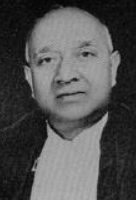 S.R. Das
S.R. Das
- The committee's 1953 report recommended the creation of the All India Bar Council and State Bar Councils (SBCs) for the regulation of the legal profession at the national and state levels.
- The Law Commission of India reiterated and endorsed the Das Committee's recommendations in 1958.
- Consequently, the Advocates Act, 1961, was passed by Parliament, providing for the establishment of the BCI and SBCs.
- The BCI operates as an autonomous body and functions under the Department of Legal Affairs of the Union Ministry of Law and Justice.
Composition
The BCI composition includes elected and ex-officio members, outlined as follows:
- One member is elected by each SBC from its members.
- The Attorney-General of India and the Solicitor-General of India serve as ex-officio members.
The BCI is led by a Chairman and a Vice-Chairman, elected by the Council from its members, with a term of two years.
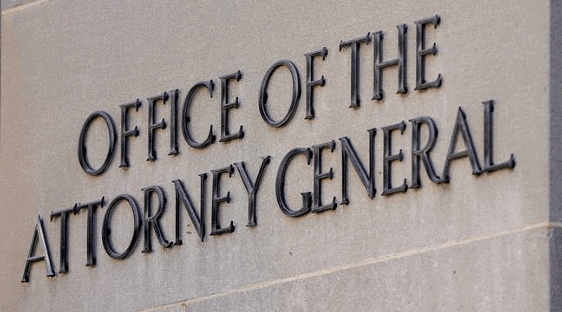
The term of office for a member elected by an SBC aligns with their tenure as a member of that specific SBC.
The BCI incorporates several committees, including:
- Disciplinary Committee (one or more)
- Legal Aid Committee (one or more)
- Executive Committee
- Legal Education Committee
- Other Committees (if necessary).
Functions
- Establishing professional conduct and etiquette standards for advocates.
- Defining disciplinary procedures for its committee and those of each SBC.
- Safeguarding the rights, privileges, and interests of advocates.
- Promoting and supporting law reform initiatives.
- Addressing matters referred by an SBC and exercising general supervision over SBCs.
- Promoting legal education and setting standards in collaboration with universities.
- Recognizing qualifying universities for advocate enrollment.
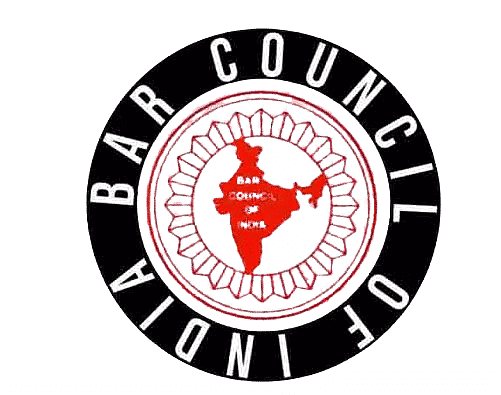
- Conducting visits and inspections of universities and directing SBCs to do the same.
- Organizing seminars and talks on legal topics, and publishing relevant materials.
- Facilitating legal aid for the economically disadvantaged.
- Recognizing foreign qualifications for reciprocal admission as advocates.
- Managing and investing funds.
- Conducting member elections and performing functions as conferred by the Act.
- Undertaking necessary actions to fulfill its designated functions.
The BCI may establish funds for specific purposes, such as:
- Providing financial assistance for welfare schemes benefiting advocates in need.
- Offering legal aid or advice.
- Establishing and maintaining law libraries.
The BCI is authorized to receive grants, donations, gifts, and benefactions for the aforementioned purposes.
Additionally, the BCI has the authority to become a member of international legal bodies, exemplified by the International Bar Association or the International Legal Aid Association.
State Bar Councils
Establishment
- The Advocates Act, of 1961 outlines the establishment of a State Bar Council (SBC) for each state, a common State Bar Council (SSC) for multiple states or a state and a union territory.
- Presently, there are 24 SBCs, each mentioned in Table 69.1 with their respective jurisdictions.
Composition
- A State Bar Council consists of elected and ex-officio members.
- Elected members vary based on the electorate size: 15 members for an electorate of 5,000, 20 for 5,000 to 10,000, and 25 for over 10,000. Elected through proportional representation using the single transferable vote.
- Half of the elected members must have ten years of advocacy on a state roll.
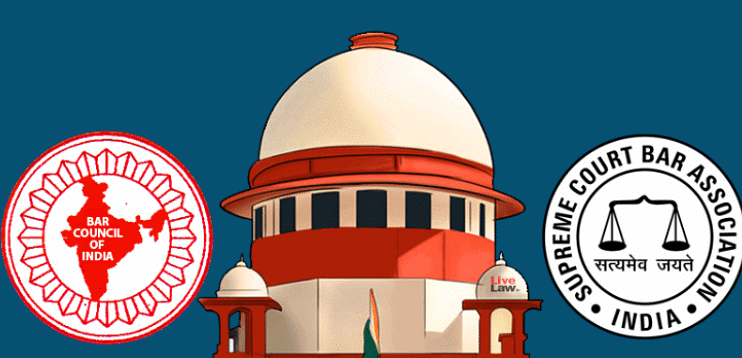
- In the case of an SSC, the Advocate-General of the state is the ex-officio member. For a common SSC, each state's Advocate-General holds this position. In the SBC of Delhi, the Additional Solicitor-General of India serves as the ex-officio member.
- Each SSC has a Chairman and Vice-Chairman, elected by the Council.
Term of Office
- The term of an elected SBC member is five years. If an SSC fails to conduct elections within this term, the BCI may extend it for six months.
- State Bar Councils have various committees, including Disciplinary, Legal Aid, Executive, Enrolment, and Other Committees if necessary.
Functions
- Functions of a State Bar Council include:
- Admitting persons as advocates on its roll.
- Preparing and maintaining the roll.
- Entertaining and determining cases of misconduct against advocates.
- Safeguarding the rights, privileges, and interests of advocates.
- Promoting the growth of Bar Associations for implementing welfare schemes.
- Promoting and supporting law reform.
- Conducting seminars, organizing talks, and publishing legal journals and papers.
- Providing legal aid to the poor.
- Managing and investing funds.
- Conducting member elections.
- Visiting and inspecting universities as per BCI directions.
- Performing all other functions conferred by the Act.
- Undertaking necessary actions for the above functions.
Establishment of Funds
- A State Bar Council may establish funds for purposes such as providing financial assistance for welfare schemes, offering legal aid or advice, and establishing law libraries.
- SBCs can receive grants, donations, gifts, and benefactions for these purposes.
Types of Advocates
Establishment
- The Advocates Act, 1961 provides for two categories of Advocates: Senior Advocates and other Advocates, both entitled to practice law before the Courts.
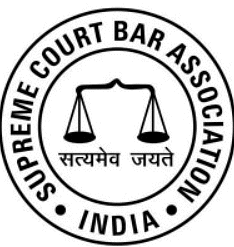
Designation of Senior Advocates
- The designation of an Advocate as a Senior Advocate is subject to due satisfaction that the Advocate fulfills qualifications prescribed under the Advocates Act, 1961.
- An Advocate may be designated as a Senior Advocate if the Supreme Court or a High Court believes, with the Advocate's consent, that their ability, standing at the Bar, or special knowledge warrants such distinction.
Categories of Advocates Practicing Before the Supreme Court
There are three categories of Advocates entitled to practice law before the Supreme Court.
A. Senior Advocate
- A 'Senior Advocate' refers to any advocate designated under the Advocates Act, 1961, and those whose names were on the roll of senior advocates of the Court before the Act's commencement.
- The Chief Justice of India and Judges, with the advocate's consent, may designate an advocate as a Senior Advocate based on their ability, standing at the Bar, or special knowledge.
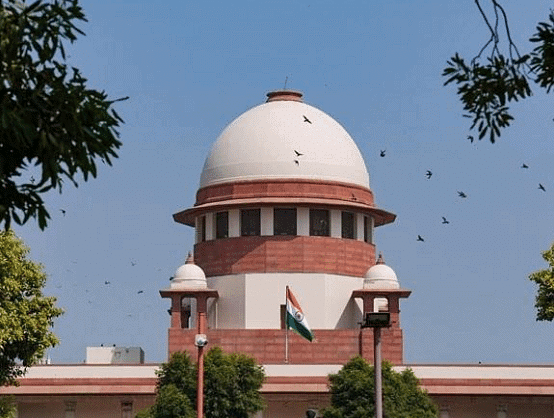
B. Advocate-on-Record
- An 'Advocate-on-Record' is an advocate entitled under the Supreme Court Rules, 2013, to act and plead for a party in the Supreme Court.
- Only an Advocate-on-Record is eligible to appear or act for a party in the Supreme Court.
C. Other Advocates
- Advocates whose names are on the roll of any State Bar Council under the Advocates Act, 1961.
- They cannot appear, plead, or address the Court in any matter on behalf of a party in the Supreme Court unless instructed by an Advocate-on-Record or permitted by the Court.

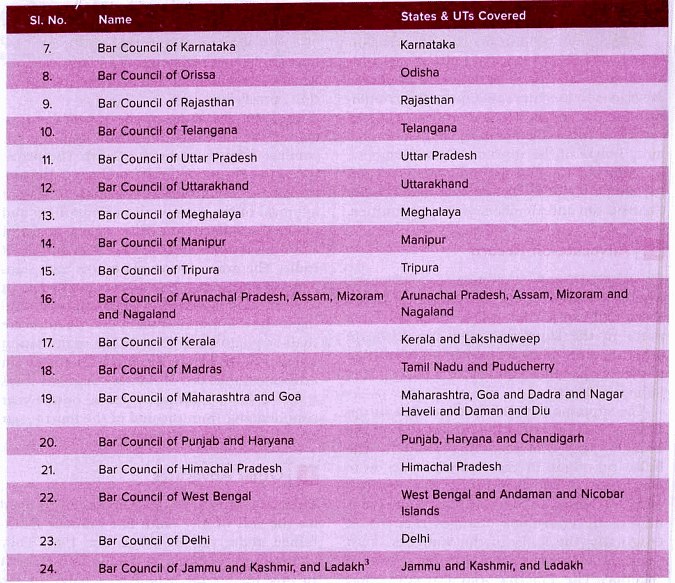 Name and Jurisdiction of State Bar Councils
Name and Jurisdiction of State Bar Councils
|
171 videos|999 docs|259 tests
|
FAQs on Laxmikant Summary: Bar Council of India - Indian Polity for UPSC CSE
| 1. What is the Bar Council of India? |  |
| 2. What is the composition of the Bar Council of India? |  |
| 3. What are the functions of the Bar Council of India? |  |
| 4. What are State Bar Councils? |  |
| 5. What are the types of advocates recognized by the Bar Council of India? |  |















